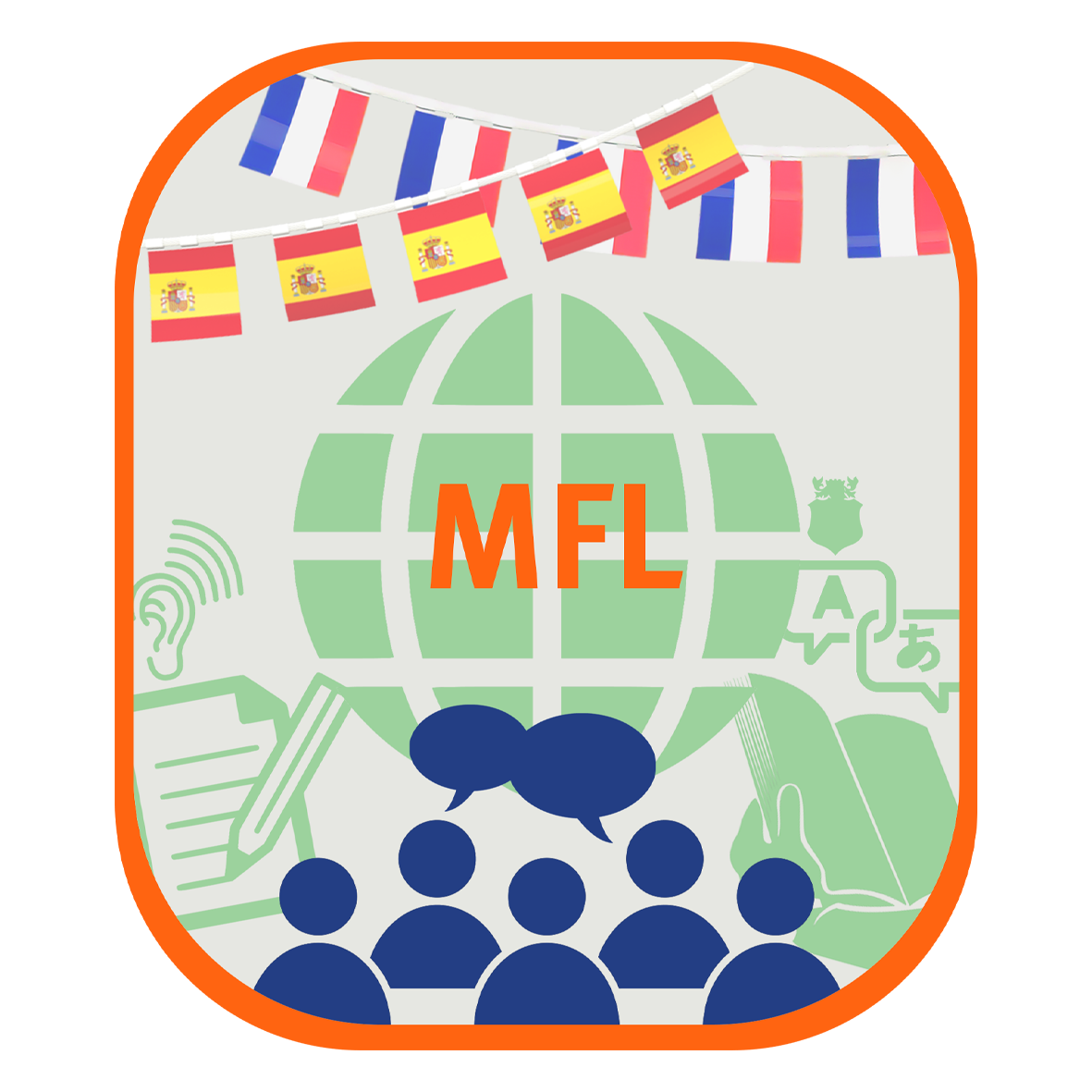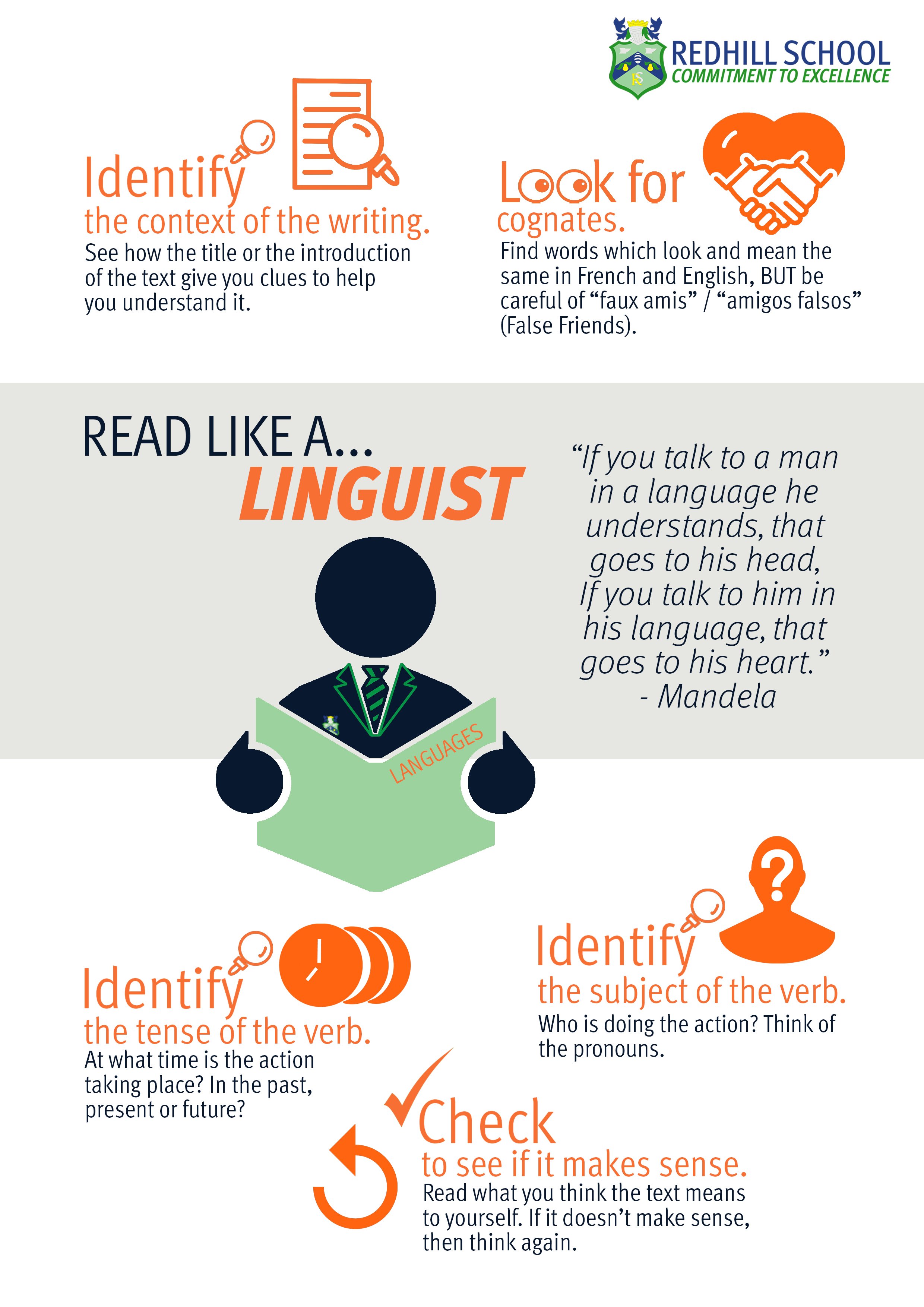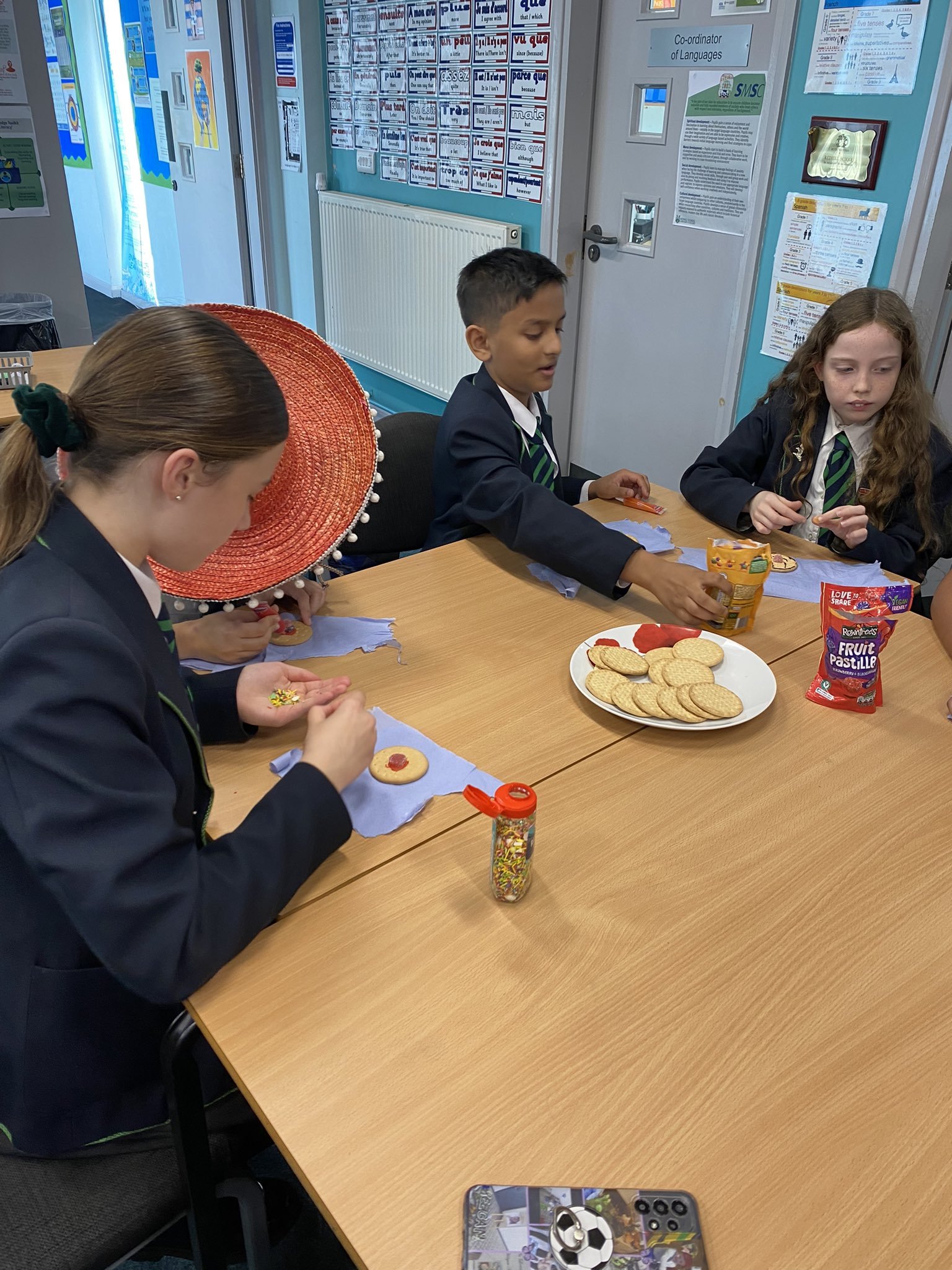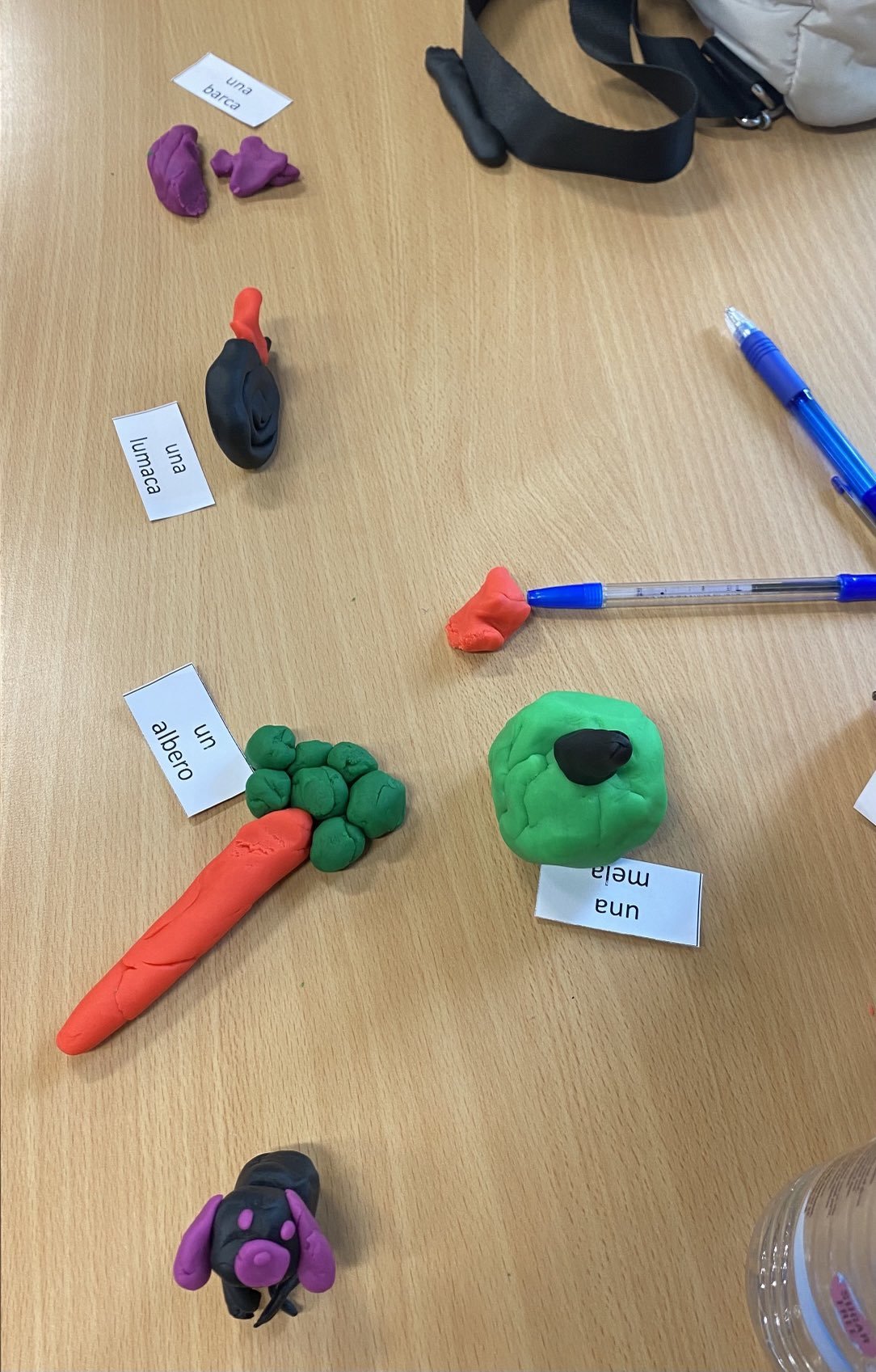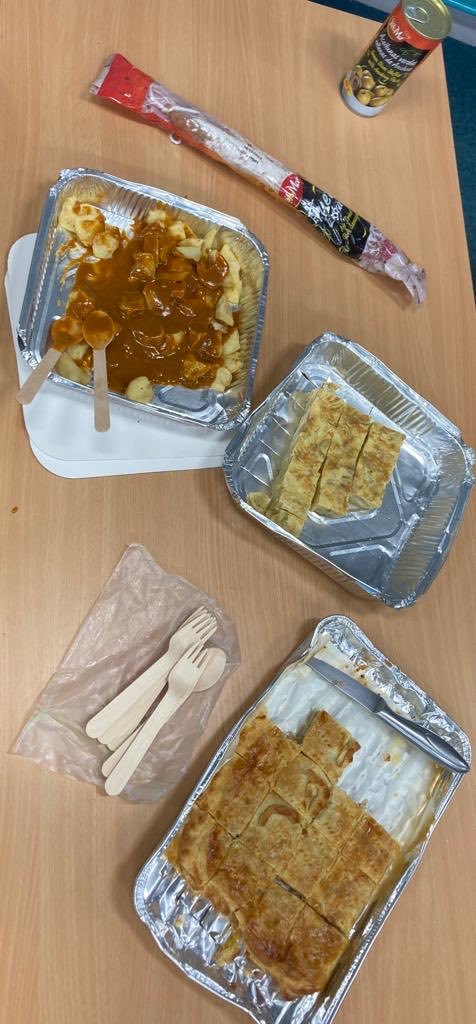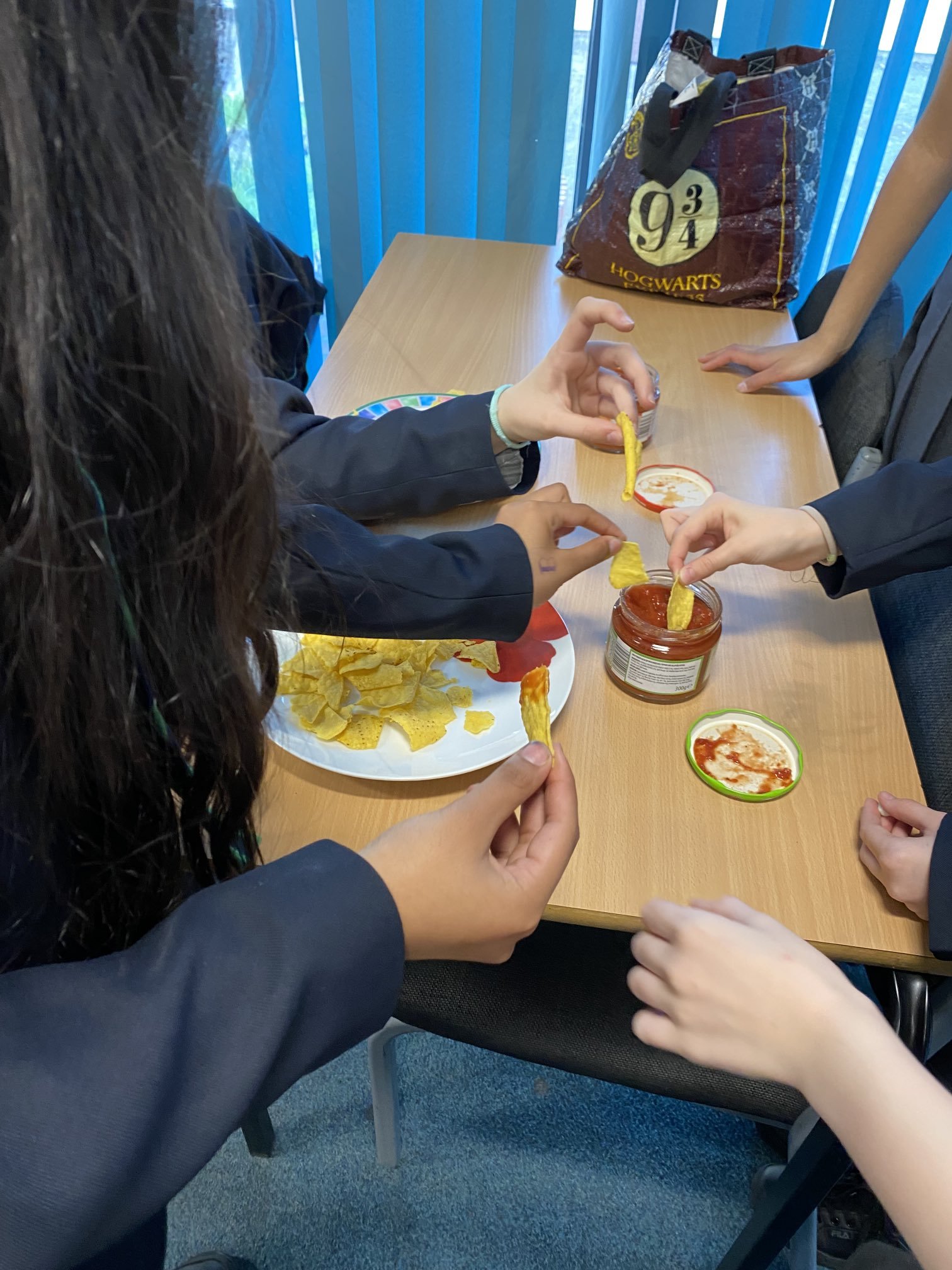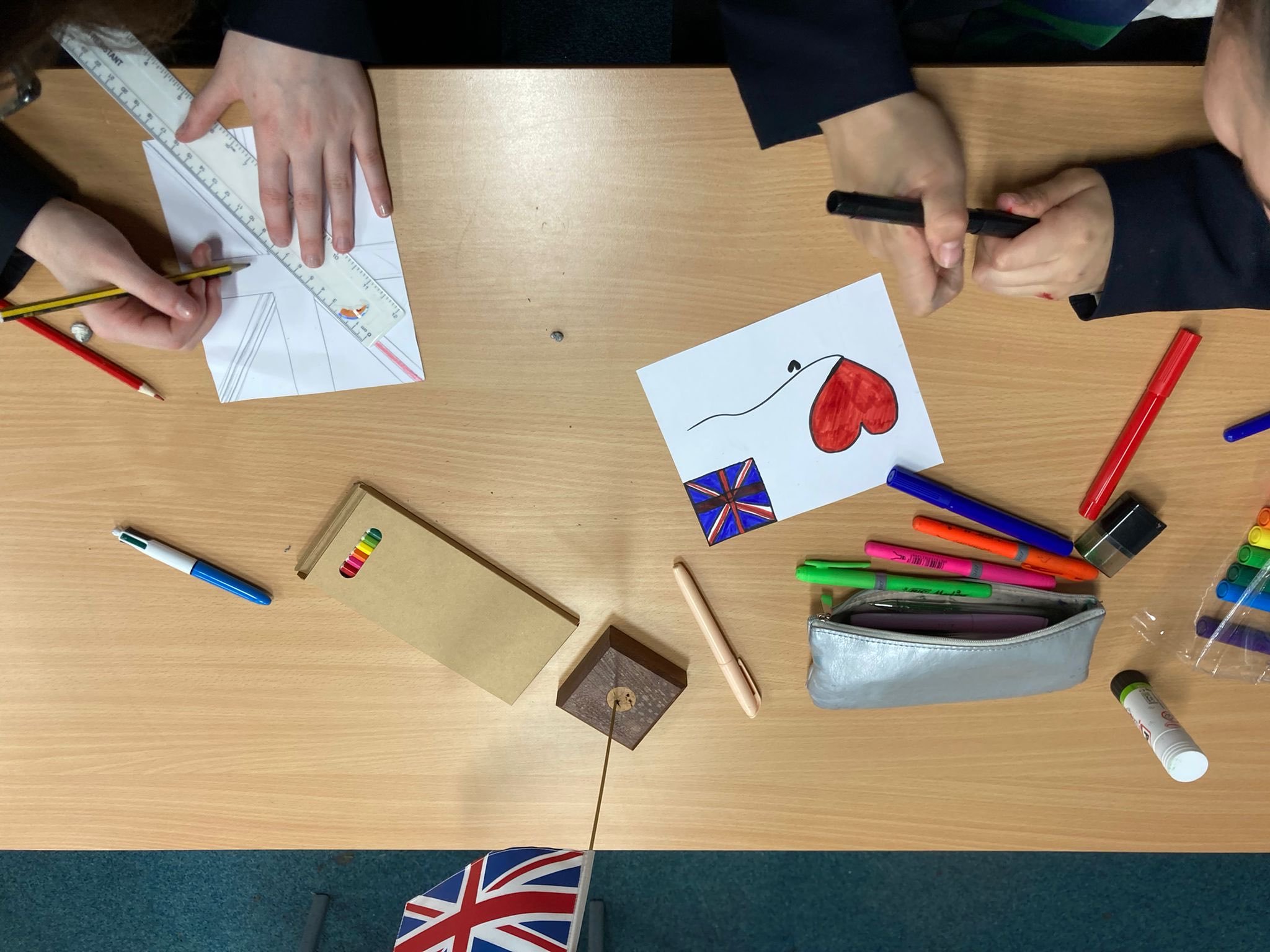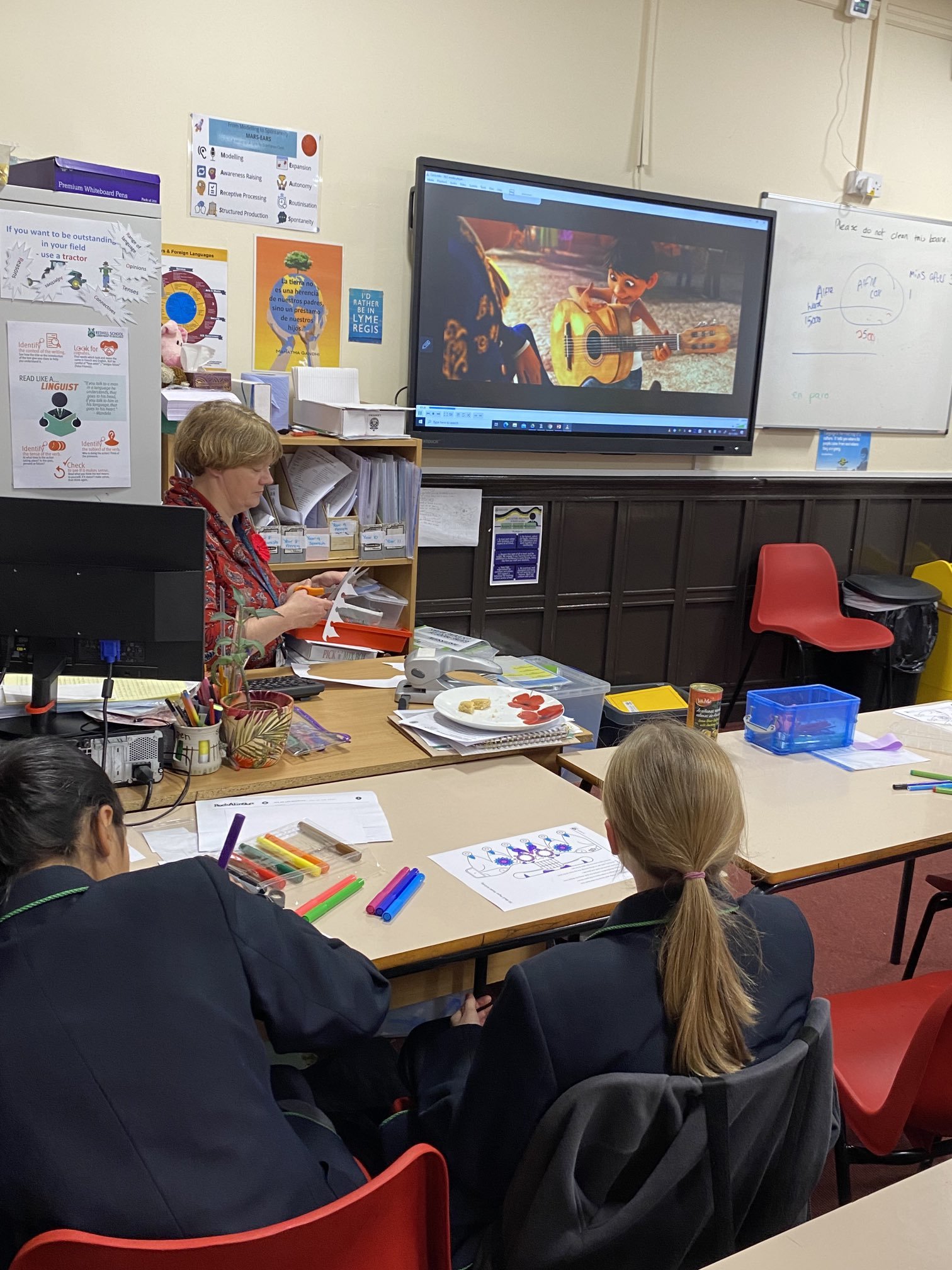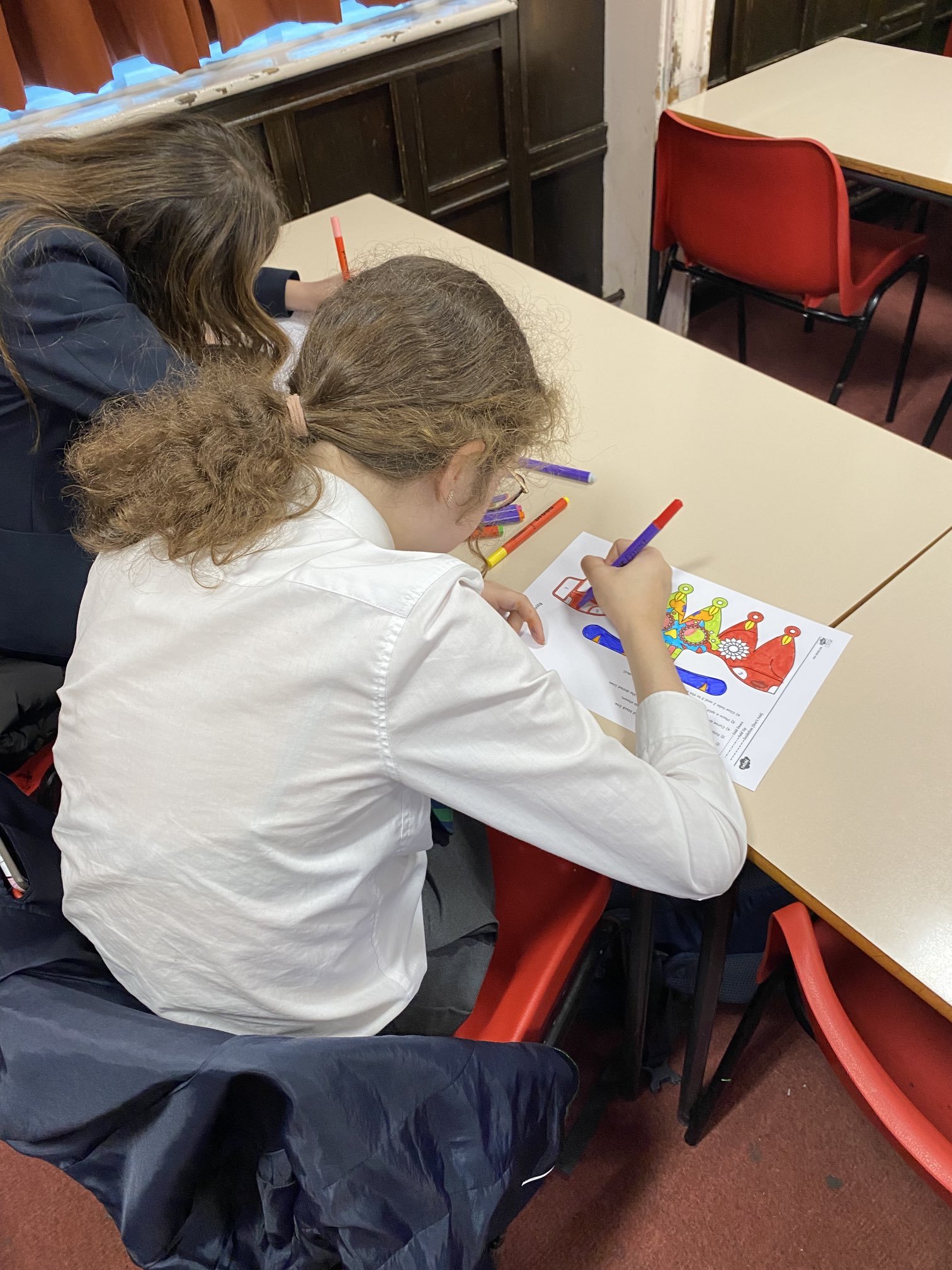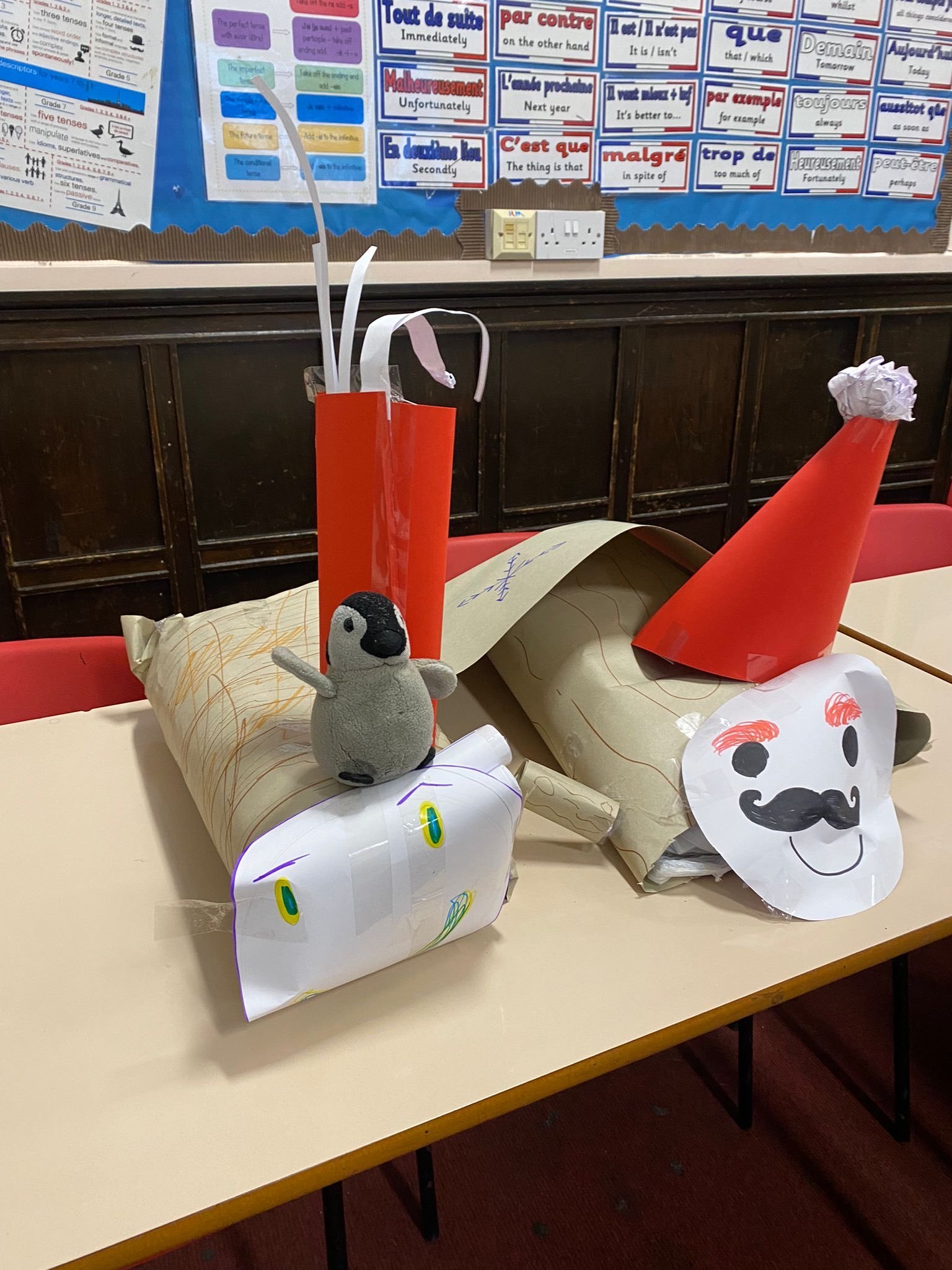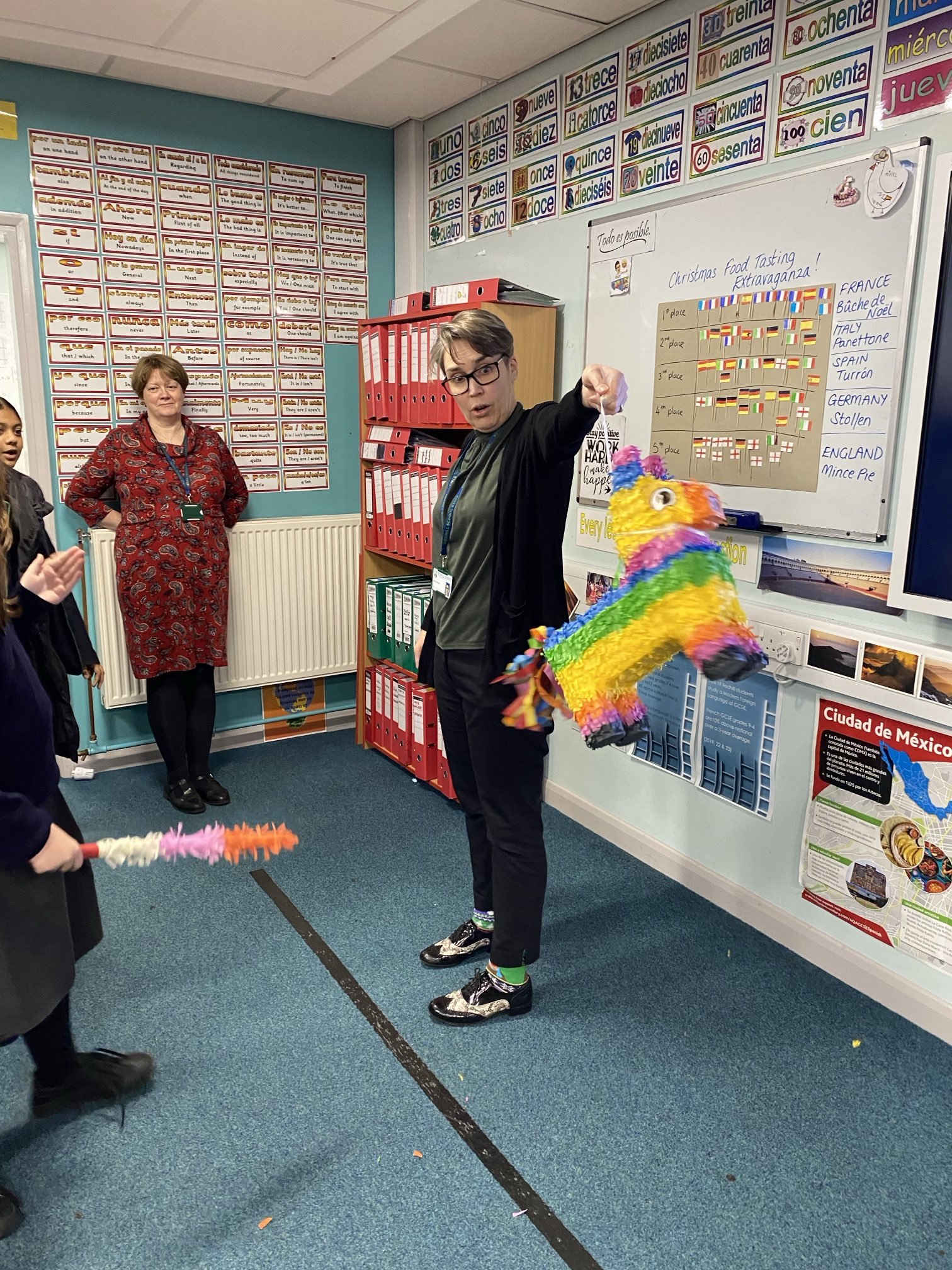Mfl
Pictures from our International Club
SUBJECT OVERVIEW
The MFL Department is an established and strong department that has developed greatly over recent years, with excellent outcomes. We are a team of dedicated and skilled language teachers who work very well together, sharing resources, ideas, expertise and support. The Department currently consists of 5 full-time staff and 2 part-time teachers: our aim is to promote the enjoyment of language-learning with all pupils, through high quality teaching and learning, offering a range of opportunities for pupils to experience contact with other speakers of other languages, and with different countries and cultures. We strive to provide a meaningful variety of opportunities for pupils to enjoy using languages and to achieve excellent standards and outcomes.
INTENT
The MFL curriculum aims to equip students with the necessary knowledge and skills to be able to converse in the Target Language countries, to gain cultural knowledge and to be able to cope with the demands of the 4 skills in the GCSE examination. Students are immersed from Year 7 in the language and culture of the language studied. The tailored Schemes of Work ensure that students experience all four skills of Listening, Speaking, Reading and Writing on a regular basis. Pupils develop confidence when using the vocabulary and grammatical structures both inside and outside of the classroom. The curriculum is sequential and builds knowledge and skills over time. This helps to develop students’ resilience and independence in their language learning.
In KS3, we follow the Dr Gianfranco Conti approach based upon his Extensive Processing Instruction (EPI) method. The curriculum is designed so that every activity and text that the students experience allows them to process and produce each item of vocabulary or grammar many times over in order for it to become embedded in their long-term memory.
Our EPI approach includes sentence builders which are central to all lessons, and a large emphasis on listening to the target language to help model high-frequency, transferable structures and accurate pronunciation. Our approach is separated into 5 key areas.
Modelling / Awareness Raising
Students are presented with target language chunks, where extensive drilling of these chunks of language is experienced through games and listening and speaking activities.
Receptive Processing
Students experience an extensive range of listening and reading tasks which focus on a very high proportion of comprehensible input, thorough processing and input flooding. This phase develops students’ decoding skills and fluency.
Structured Production
Students focus on the chunks in more detail and are provided with consolidation practice. They are given the opportunity to produce the target language in a structured and safe context.
Expansion
Students have the opportunity to unpick the main grammatical content and concepts introduced within the unit, or expand on skills already practised.
Routinization and Spontaneity
Students experience planned communicative tasks and a variety of deliberate practice opportunities to enable them to work on their fluency and spontaneity through a range of skills, with a strong emphasis on speaking and writing in the target language.
Setting is fluid across sets and a curriculum design which is tailored to meet the needs of individual groups ensures that all students make progress towards successful outcomes in year 11. Students at Redhill School are increasingly competent linguists who are well equipped to further their language learning in their post 16 education and beyond.
Wider School Opportunities
In MFL there are a number of extra-curricular opportunities which allow pupils to develop cultural and social capital which include:
KS3 language and culture after school club will focus on target language speaking countries, their culture, key events and seeking out opportunities to engage with children in other countries through competitions and school links. We will find out about languages other than French and Spanish too, giving Redhill pupils who speak other languages at home to share the language and their cultural knowledge with others. There is, of course, be plenty of fun and games too!
Every September we celebrate European Day of Languages, in addition, we have held outings to Target Language restaurants to promote transactional language and support GCSE learning. We have a well-established Twitter page which we use for information sharing and the promotion of languages. We have welcomed guest speakers to promote languages and careers and we take part in Routes into Languages competitions. Whole school events such as National careers week, World Book Day and Culture Day also have an MFL focus.
SMSC
Spiritual Moral Social and Cultural development
Spiritual development - Pupils gain a sense of enjoyment and fascination in learning about themselves, others and the world around them – notably in the target language countries. Pupils are encouraged to broaden their horizons beyond their immediate, everyday experiences and realize the wealth of opportunities open to them in the wider world. Pupils may use their imagination and are able to be expressive and creative, through a wide variety of language-based activities. They identify barriers towards initial language learning and find strategies to overcome these.
Moral development - Pupils start to build a bank of learning strategies based on experience and trial and error. They learn to be supportive and avoid criticism of peers, through collaborative work, and by working in a non-threatening environment. They also learn to accept appreciate and accept similarities and differences by learning about lifestyles from around the world.
Social development - Pupils learn to manage feelings of anxiety when facing the challenge of learning and communicating in a new language. They develop social skills, through pair and group work and also by giving and receiving feedback and using it to improve performance. Pupils understand the need to use appropriate language and register, to express opinions and emotions. They will develop self-confidence when working creatively and independently. Pupils also find out about social norms and expectations outside of the UK, preparing them for life as global citizens.
Cultural development - Pupils gain an understanding of their own uniqueness whilst comparing their own life and experiences with people from other countries and cultures, predominantly in the target language countries. Pupils develop a sense of global citizenship whilst researching other countries, cultures and traditions. They are regularly exposed to authentic materials which include historical references, modern day life and classic literature.


